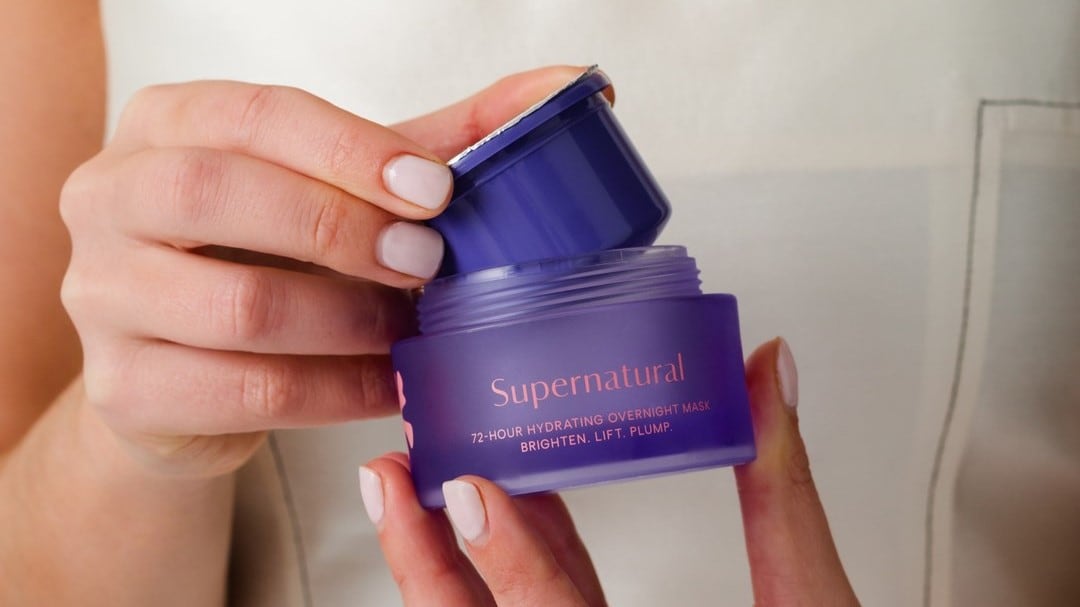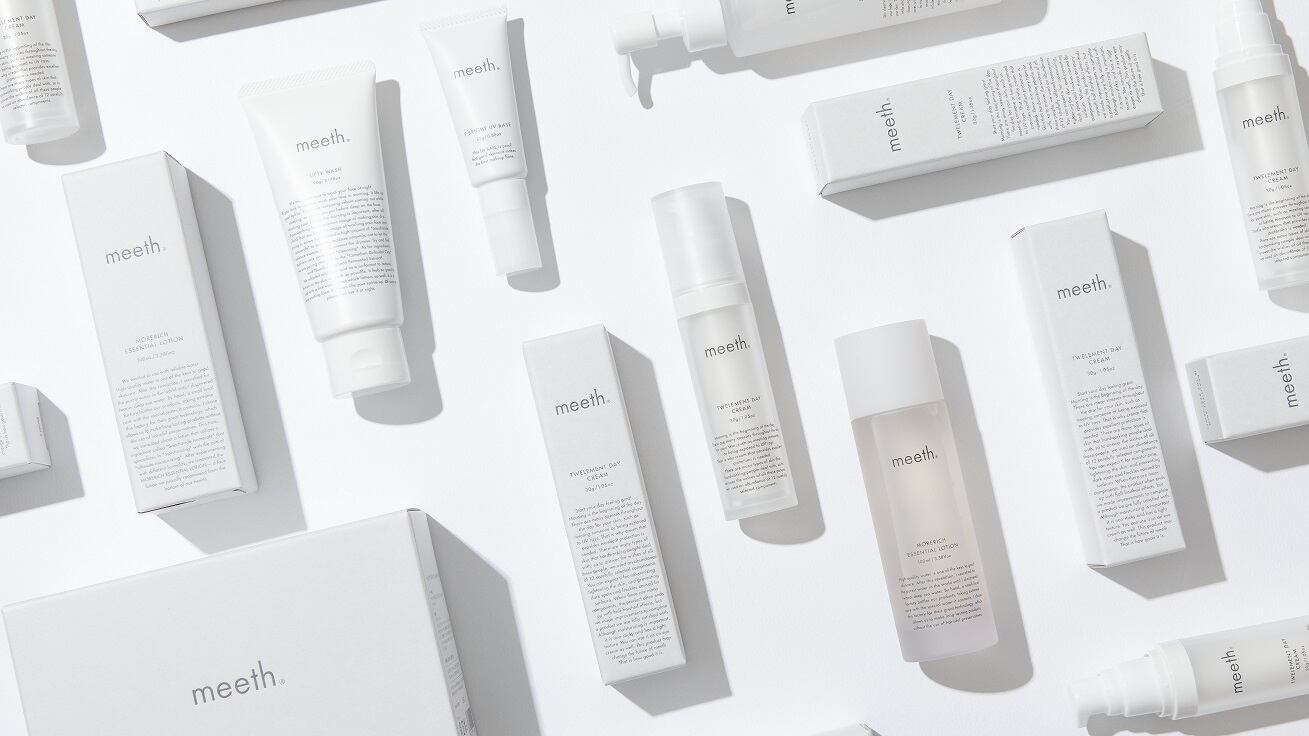The use of post-consumer recycled (PCR) materials and the implementation of recycling programmes are not helping the beauty industry curtail its output of packaging waste.
Instead, the CEOs of two circular beauty brands are urging the industry to explore solutions that focus on the other two Rs of sustainability – reducing and reusing.
“In terms of the circularity hierarchy, we want to be looking at reducing, then reusing and recycling. I think there’s so much focus on recycling in beauty – it’s not the solution… I think when it comes to the discussion of circularity, there's too much focus on recycling versus actual reuse and refill and where I believe the beauty industry needs to go,” said Emma Lewisham, founder and CEO of Emma Lewisham.
“Definitely, refilling is the way to go. Fundamentally, people don't understand if you recycle something, there's a finite number of times you can recycle. Ultimately, you still have to get virgin materials and be depleting existing limited resources,” said Yeeli Lee, founder and CEO of Bhuman.
Both Lewisham and Lee were speaking at the recent CosmeticsDesign’s Circular Beauty – From Concept to Reality webinar (Now available to watch on-demand).
“Packaging is the largest contributor to carbon emissions in the beauty industry. 120 billion units of packaging are produced annually, and a majority is predicted to go to landfill because despite brands promoting packaging is recyclable, the reality is that it's not being recycled,” said Lewisham.
As part of the Emma Lewisham Beauty Circle, the brand has set up a system which facilitates the return of empty refill pods, which would then be sterilised and refilled.
“We're not having to produce more and have this reliance on recycling. We need to take away this fixation on recycling and look at that reduce and reuse part of the agreement,” said Lewisham.
Among the multitude of reasons that hinder the recycling process, Lee highlighted that the infrastructure and processes differed from country to country.
“From day one as a brand, it’s really thinking about what are the systems and infrastructures in place? And if they don't exist, how do we go about still eliminating as much as possible the carbon footprint and the plastics that's in the material or in, in the product itself?”
Bhuman, takes a different approach from Emma Lewisham, offering waterless personal care products which help the brand reduce its reliance on plastic and use easily recyclable aluminium bottles instead.
Furthermore, the removal of water from its formulation makes it easier to transport and lessens its water footprint.
“We're also talking about transportation being a huge carbon footprint of having materials being shipped from one place to the other, particularly when we're talking about expensive materials, such as eco-cert materials, or even ocean waste, plastics, all these if you look at it end-to-end, there's a lot of carbon footprint in the supply chain.”





